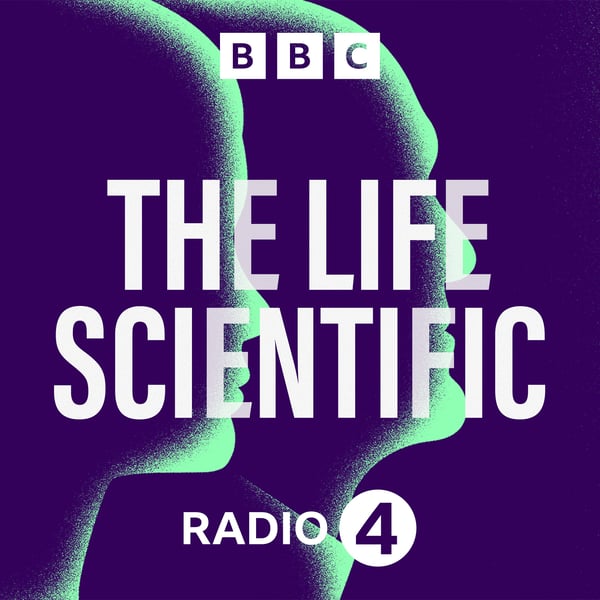Niamh Nic Daeid on forensic science
The Life Scientific
BBC
4.6 • 1.4K Ratings
🗓️ 21 July 2015
⏱️ 28 minutes
🧾️ Download transcript
Summary
Transcript
Click on a timestamp to play from that location
| 0:00.0 | Hello and welcome to the podcast of the Life Scientific. |
| 0:03.6 | First broadcast on BBC Radio 4. |
| 0:06.3 | I'm Jim Alleili and my mission is to interview |
| 0:09.2 | the most fascinating and important scientists alive today and to find out what makes them tick. |
| 0:15.0 | Uncovering legal highs, investigating arson and analyzing explosives produced by terrorists. |
| 0:22.0 | These are the daily tasks of my guest today |
| 0:25.0 | forensic chemists Professor Neve Nick Daye. As well as directing forensic research |
| 0:29.5 | at the University of Dundee, she also advises the International Criminal Court an Interpol on matters |
| 0:35.3 | where science meets the law. |
| 0:38.0 | But all is not well in the world of forensics and Niva's been at the forefront of a growing |
| 0:42.3 | number of high-profile scientists |
| 0:44.3 | warning that this field is in crisis. More on that later. But first, Nevennick-Dade, |
| 0:49.7 | welcome to the Life Scientific. Thank you very much. Well, when most people think of forensic work, they imagine a crime scene like on TV, maybe a |
| 0:56.9 | murder and the hunt for fingerprints or DNA evidence, but you've worked on areas as diverse as fire investigation, drug |
| 1:04.5 | analysis and explosives. I mean that's a pretty varied for a scientist. |
| 1:09.0 | It is, but what ties all of these things together, certainly the three that you've mentioned, |
| 1:14.2 | is an underlying work around chemistry. |
| 1:16.5 | And the root that links them together is really having an understanding of some of the |
| 1:22.2 | fundamental principles of chemistry |
| 1:24.0 | and applying that within these different domains. |
| 1:27.0 | Well, of course, given that both your parents were scientists, your father was a chemist, |
| 1:31.0 | your mother was a botanist, I guess it was inevitable that you would become a scientist too |
... |
Please login to see the full transcript.
Disclaimer: The podcast and artwork embedded on this page are from BBC, and are the property of its owner and not affiliated with or endorsed by Tapesearch.
Generated transcripts are the property of BBC and are distributed freely under the Fair Use doctrine. Transcripts generated by Tapesearch are not guaranteed to be accurate.
Copyright © Tapesearch 2025.

